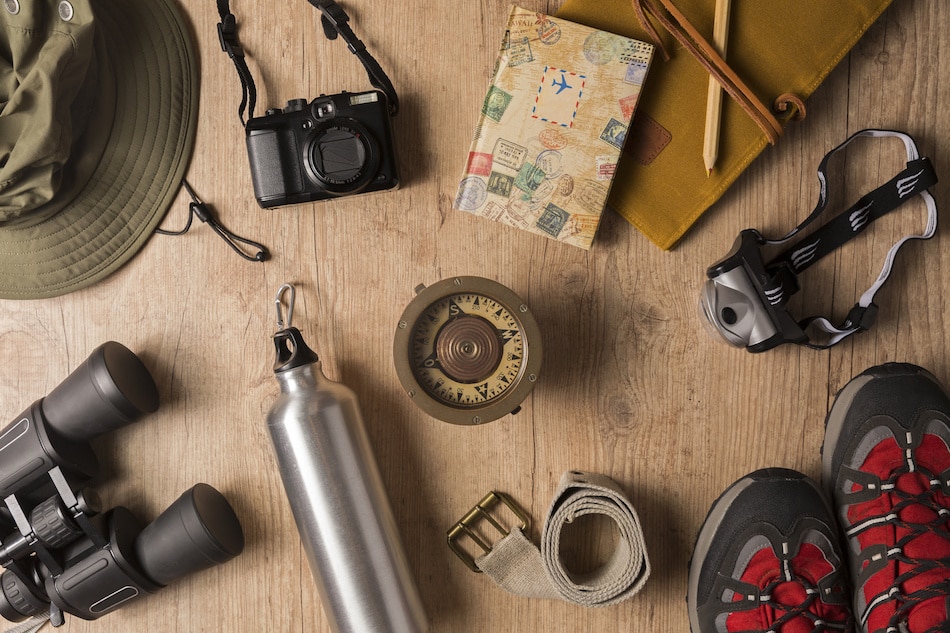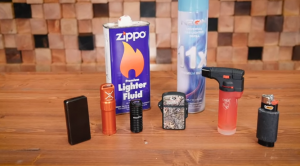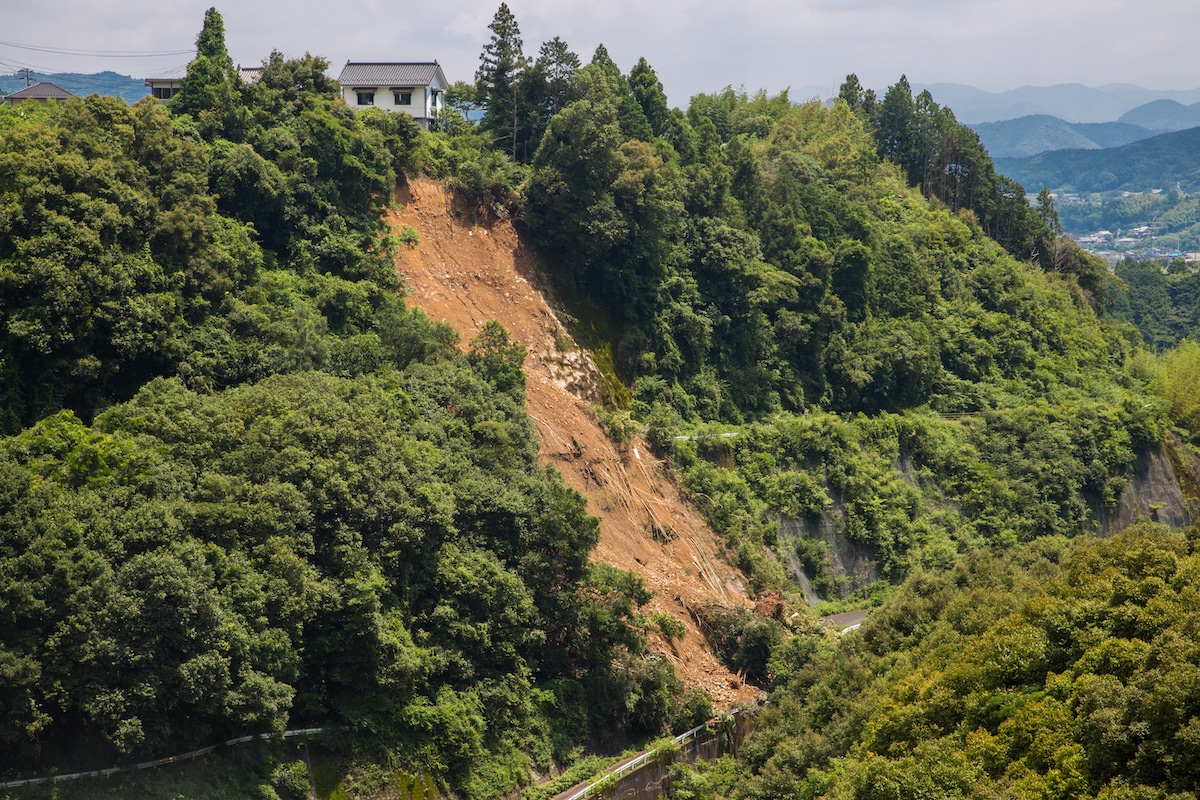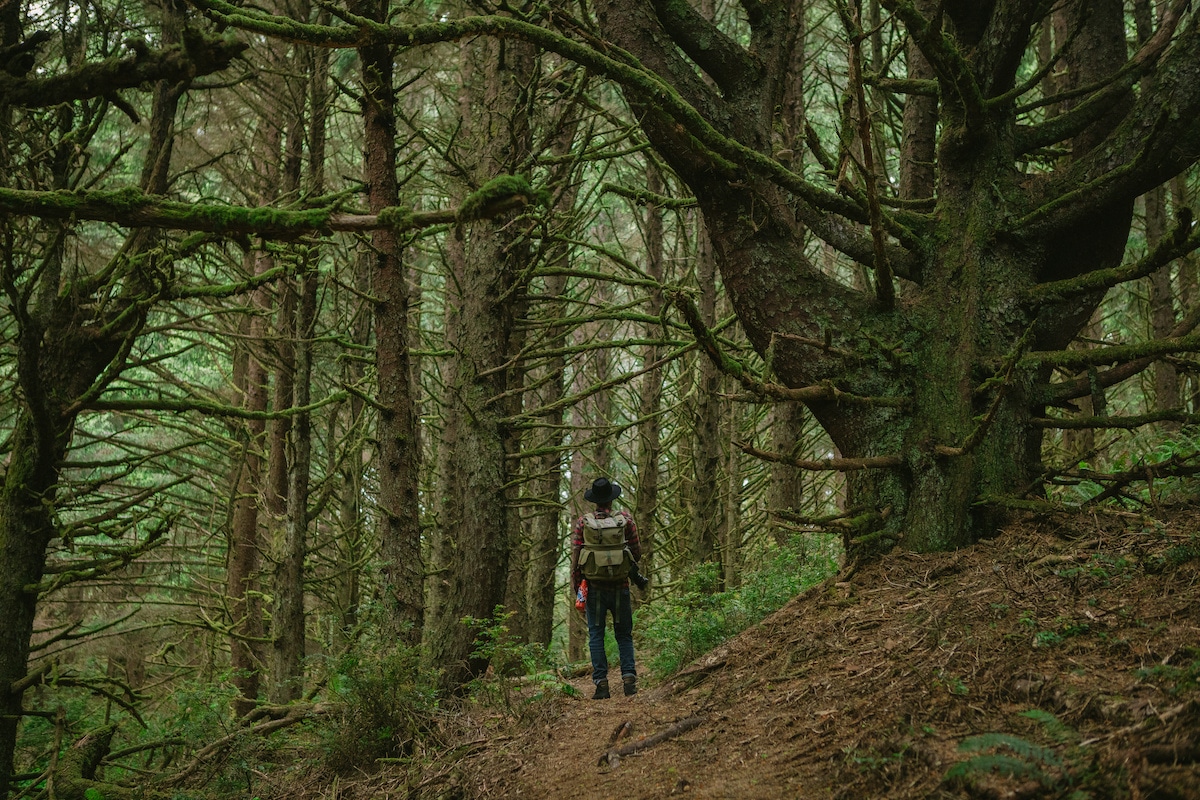What We'll Cover
What Are The Some of the Most Important Camping Safety Tips?
Nature enthusiasts who love packing up their gear and their families to head for the great outdoors understand just how much careful planning is required for a successful journey.
Camping and hiking can be fun and memorable. But camping with no thought to safety or possibly emergencies can be deadly or disastrous, such as if you don’t take care to avoid snakes while hiking. And though campers seem to never forget their best mess kits or sleeping bags, summer camping safety is often forgotten.
Just one missing essential can create a group of unhappy campers and possibly even unhealthy ones. With and estimated 40 million Americans camping annually, it’s important to understand how to avoid camping hazards and ways to prevent certain issues with these camping safety tips.
1. Take Precautions with Water and Food Prep and Storage
Proper food safety while camping can make or break any outdoor excursion. After all, being sick while away from the comforts of home is never fun.
Eating or drinking contaminated or improperly stored food or water can increase the risks of food poisoning and developing certain germ-related infectious diseases. Here are some ways to keep your victuals safe.
- Bring plenty of potable water and extra filtration devices in case of emergencies.
- Pack all foods tightly in waterproof containers, and keep them in an insulated cooler with block of ice that are longer lasting than cubes.
- Bring a small camping cookware set.
- Keep raw and cooked foods in separate containers, and chill any leftovers promptly.
- Be sure to cook food to proper temperatures, and avoid cross contaminating surfaces during the cooking process. Use the proper camping utensils to cook with.
- Never cook inside tents, campers or enclosed spaces to avoid carbon monoxide poisoning and fires. Camping grills and other similar equipment should be used outside.
- Always have a first aid kit or the right supplies on hand to treat burns.
2. Prepare for Weather Related and Displacement Emergencies
With provisions in order, it’s now time to prepare for the unexpected during the camping excursion—weather conditions and getting lost or stranded. Be sure to check weather reports and outdoor advisories around the campsite for several days prior to departure, and bring a small weather radio if possible. Definitely activate the GPS and mapping features on phones for safer navigation in addition to leaving an itinerary both at home and at the campsite to help others locate you in an emergency. On any hikes or outings, be sure to bring along essential camping emergency supplies including a compass, map, first aid kit, batteries, water, food and extra clothing just in case.
3. Plan Ahead for Safe Physical Activities
One of the greatest appeals of camping for families is getting closer to nature. Hiking, biking, boating and swimming can create memorable experiences. But this happens only when every participant enjoys these physical activities without an injury. Be certain to bring the appropriate protective gear such as helmets, clothing and creams to protect against chafing, life jackets & sturdy shoes. Avoid hiking or swimming alone, and always keep youngsters in the line of sight.
4. Be Mindful of Body Temperatures
When camping in hot or cold weather, have the proper gear on hand to regulate body temperatures. Bring adequate clothing and bedding to help prevent hypothermia, but never use a fuel operated heater inside tents or closed shelters or carbon monoxide poisoning could result. On those steaming hot days wear lightly colored clothing, a wide-brimmed hat, sunglasses and generously douse on the sunscreen. Drink ample water and rest often during physical activities to avoid heat stroke and dehydration.
5. Take Precautions with Wildlife and Pests
Avoid feeding, touching or getting near wild animals. Enjoy their presence from a distance. Wild animals can carry certain diseases and some are sure to be aggressive by nature. Be sure to vaccinate pets and family before the journey as a precaution. Bring along plenty of insect repellent to avoid pesky mosquitoes that may be carriers of West Nile Virus or other diseases. Keep the campsite clean at all times, and avoid leaving food containers accessible to wildlife.
Before you go hiking, backpacking, or camping, you should make an emergency kit or purchase a pre-made survival kit.
The responses below are not provided, commissioned, reviewed, approved, or otherwise endorsed by any financial entity or advertiser. It is not the advertiser’s responsibility to ensure all posts and/or questions are answered.



![Best Archery Sets This 2023 [Men & Women]](/assets/images/8cf78150f1d9d7a0c175609145d21517.png)

